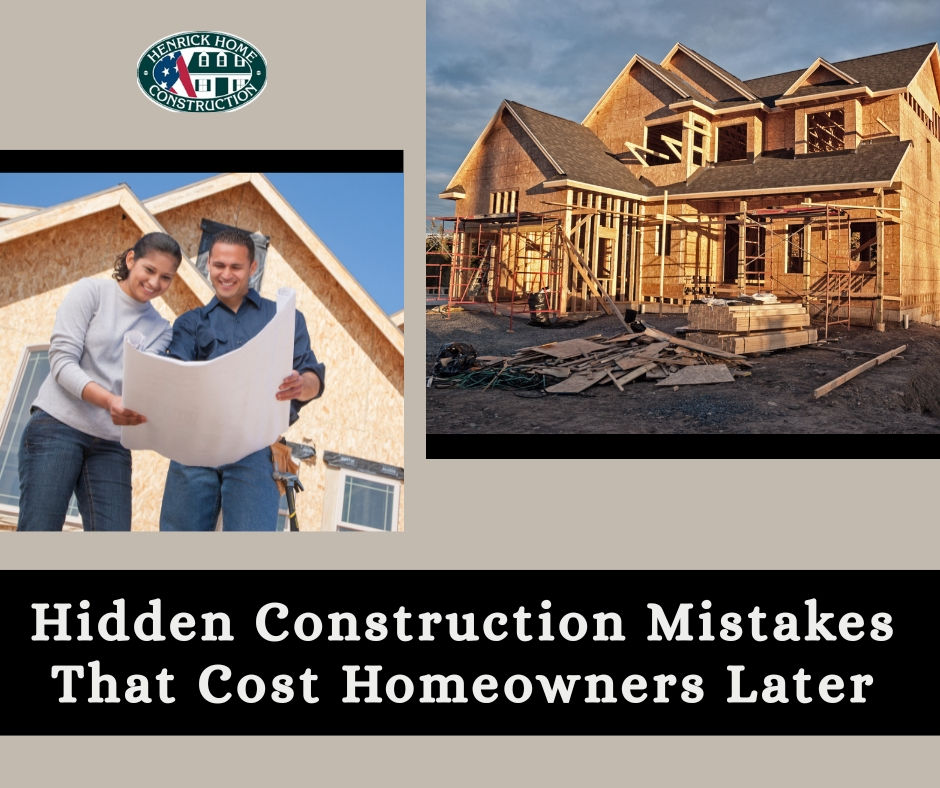A GUIDE TO COMMERCIAL VS RESIDENTIAL CONSTRUCTION
- mh0016
- Sep 22, 2024
- 2 min read
Updated: Jan 31, 2025

In the construction industry, it is critical to understand the distinction between commercial and residential projects. Each category has its own set of restrictions, problems, and opportunities that have an impact on design, finance, and construction. Commercial construction necessitates extensive planning and resources to ensure both functionality and profitability, whereas residential construction prioritizes comfort, aesthetics, and the creation of a habitable environment.
In this article, we will explore the primary distinctions between commercial and residential construction and the needs of businesses and homeowners. Get in touch with the highly recommended Home construction company in Milford CT.
WHAT IS RESIDENTIAL CONSTRUCTION?
A residential structure serves as a residence for individuals, families, or groups, regardless of whether their stay is temporary or permanent. While some individuals acquire residential properties for investment purposes or resale, the predominant motivation is to create a home and foster family connections or uphold family traditions. Residents and tenants frequently cultivate a stronger emotional bond with their residences, which enhances the perceived value of residential properties in contrast to commercial properties, which are mainly viewed as investment opportunities.
WHAT IS COMMERCIAL CONSTRUCTION?
Commercial construction encompasses properties such as buildings, land, or spaces specifically intended for business operations that seek to generate revenue. This classification includes office buildings, retail establishments, and warehouses, all of which serve diverse business functions and investment purposes.
THE DIFFERENCE BETWEEN COMMERCIAL AND RESIDENTIAL CONSTRUCTION
Certain residential properties may also be categorized as commercial real estate. For example, an apartment complex or a condominium is legally recognized as a commercial structure, despite its function as a residence. With this understanding, let us examine the differences between residential and commercial properties.
FUNCTION
Residential properties are usually owned by individuals, banks, or investors and are mainly for living in, often personalized with their belongings. Some residential buildings, like apartment complexes and high-rise hotels, can also serve commercial purposes.
Commercial properties are built primarily to generate income, with schools receiving funding through taxes or fees and restaurants earning money by offering food services. Additionally, commercial office buildings provide spaces for businesses to lease and operate.
BUILDING MATERIALS
Residential structures like single-family homes mainly use materials such as wood, drywall, and concrete for foundations. Construction usually takes about three to seven months.
Commercial buildings require a wider range of materials, including glass, metal rebar, concrete, steel, and electrical wiring, along with skilled labor for effective construction, and usually takes about a year.
PERMITS
Residential property owners may apply for a building permit to construct a house, with the approval process generally taking approximately seven to fourteen days.
Owners or investors of commercial properties are required to submit an application for a building permit to the local council or the appropriate authority. The duration for obtaining this permit may vary, potentially taking a month or more, depending on the size and complexity of the project.
SITE PLANS
The construction of commercial and residential properties entails various distinctions; however, both categories necessitate a meticulously prepared site plan before the commencement of any building activities.
If you need new construction, home additions, or renovations, reach out to us for reliable construction services. Get in touch with your local remodeling contractors in North Haven, CT








Comments